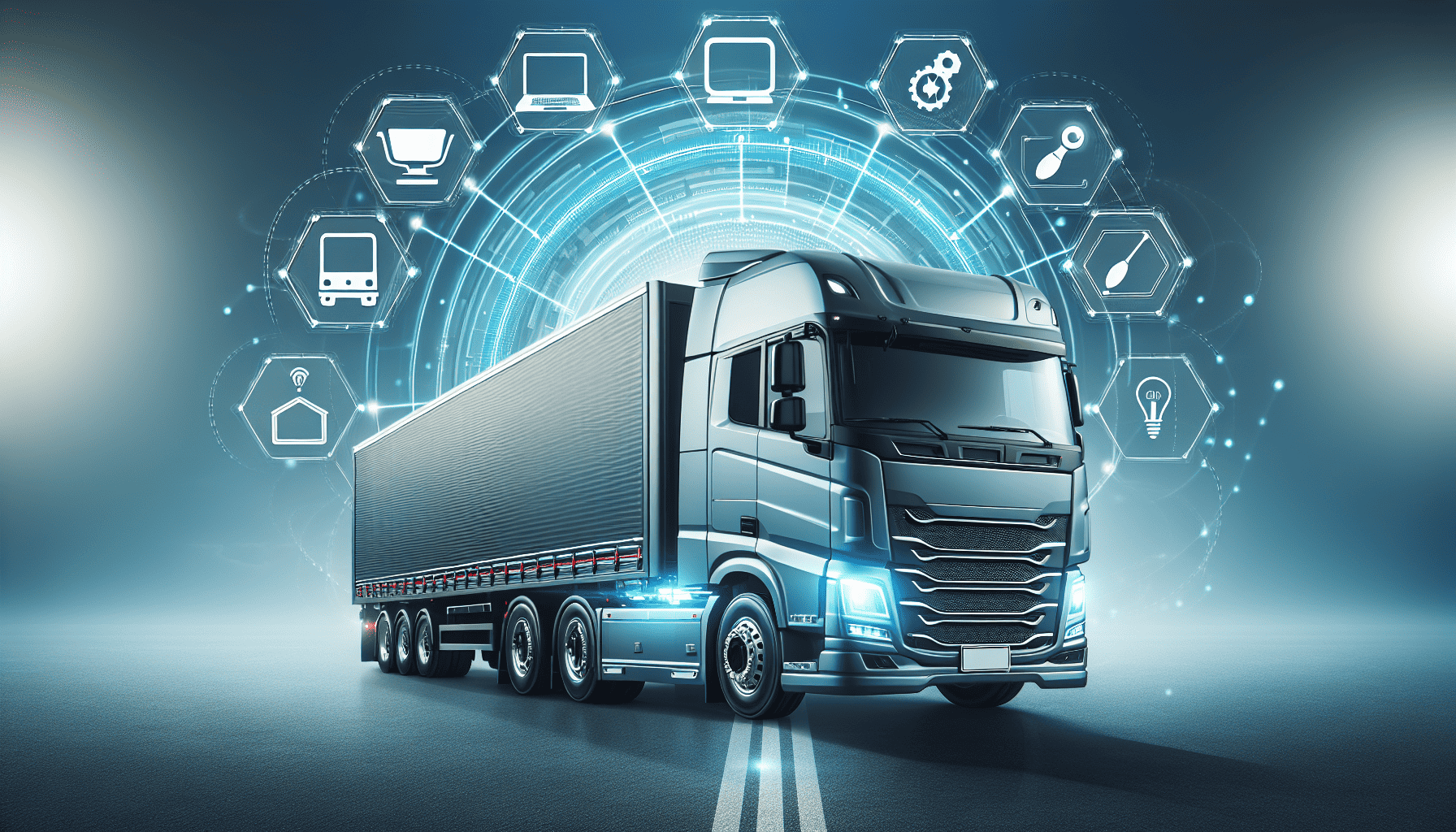The transportation industry, a cornerstone of global commerce and everyday life, is undergoing a remarkable transformation. Leveraging cutting-edge technology, innovators are reshaping the logistics landscape, facilitating unprecedented levels of efficiency and reliability. The integration of advanced technologies is not only revolutionizing how goods move from point A to point B but also ensuring that these processes are sustainable and scalable for the future.
One of the most significant advancements in modern logistics is the adoption of artificial intelligence (AI) and machine learning. These technologies are powering sophisticated algorithms that predict demand patterns, optimize delivery routes, and manage inventory levels with startling precision. By analyzing vast amounts of data, AI systems can identify inefficiencies and recommend strategic adjustments, leading to cost savings and improved service quality.
Another transformative technology in the logistics sector is the Internet of Things (IoT). IoT devices, equipped with sensors and connected via the internet, offer real-time tracking and monitoring of goods. From the temperature control of perishable items to the exact location of a shipment, IoT provides unparalleled visibility. This level of detail allows companies to proactively address potential issues, such as delays or spoilage, ensuring that customers receive their products in perfect condition.
The integration of blockchain technology is also making waves in logistics. By providing a secure and transparent ledger of all transactions, blockchain enhances the traceability and authenticity of goods. Each step of the supply chain process can be documented and verified, reducing fraud and increasing accountability. This transparency is particularly valuable in industries such as pharmaceuticals and luxury goods, where the origin and handling of products are of utmost importance.
Furthermore, automation and robotics are streamlining warehouse and fulfillment operations. Automated guided vehicles (AGVs) and robotic picking systems are revolutionizing how items are stored, retrieved, and packed. These systems operate with a level of speed and accuracy that humans cannot match, significantly reducing lead times and operating costs. This automation is essential for meeting the growing demand for faster and more reliable delivery services, particularly in the era of e-commerce.
Another area where technology is making a significant impact is in the realm of sustainable transport solutions. Electric and hybrid vehicles are becoming increasingly prevalent, reducing the carbon footprint of logistics operations. Renewable energy sources, such as solar and wind power, are being incorporated into logistics infrastructure, further promoting sustainability. Companies are also exploring alternative fuels, such as hydrogen, which promise to revolutionize long-haul transportation.
Drones and autonomous vehicles are also set to play a central role in the future of logistics. These innovations promise to alleviate some of the most pressing challenges in transportation, such as last-mile delivery and congestion. Companies like Amazon are already experimenting with drone delivery systems, which could drastically reduce delivery times and costs. Meanwhile, autonomous trucks, equipped with advanced navigation and safety systems, are poised to make road transport more efficient and safer.
Ultimately, the convergence of these technologies is creating a more interconnected, intelligent, and resilient logistics network. Businesses are no longer just reacting to supply chain disruptions but are now positioned to anticipate and mitigate them proactively. This shift not only enhances operational efficiency but also ensures a higher level of customer satisfaction, as products are delivered on time and in optimal condition.
In conclusion, the transportation and logistics industry is embracing innovative technologies that are driving significant improvements in efficiency, reliability, and sustainability. From AI and IoT to blockchain and autonomous vehicles, these advancements are setting the stage for a new era of logistics. As these technologies continue to evolve and become more integrated, we can expect even more groundbreaking changes that will further revolutionize the way we move goods around the world.
